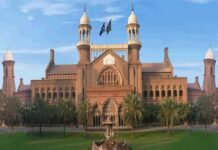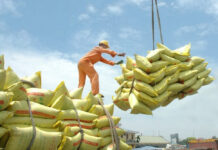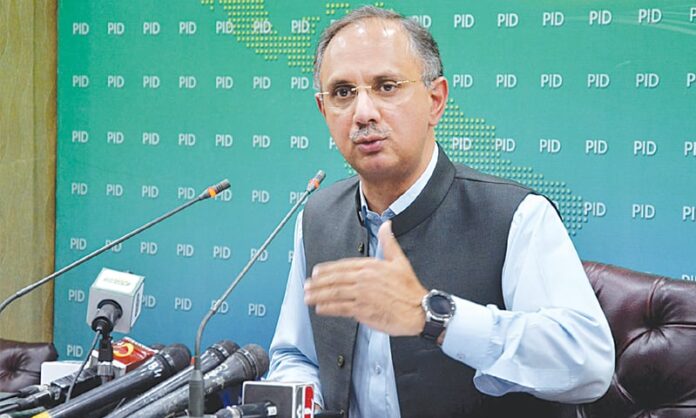ISLAMABAD: Power Division Minister Omar Ayub Khan on Monday informed the National Assembly (NA) that Saudi Arabian power producing company ACWA Power will invest around $4 billion in Pakistan’s renewable energy sector.
“ACWA Power will invest about $4 billion on the renewable energy sector in Balochistan,” the minister said in response to a query during question hour, adding that the generation of cheap electricity that utilises indigenous renewable energy resources, including wind, solar, waste that can be converted into biomass energy, was among the government’s top priorities.
He explained that the Alternative Energy Development Board (AEDB) had been pursuing the development of alternative and renewable energy-based power generation projects through private investors under the Renewable Energy Policy, 2006, on the Independent Power Producers (IPP) mode.
“Significant progress has been made in exploiting the wind, solar and biomass/bagasse potential available in the country and a number of power generation projects based on these resources are operational while many are in the pipeline,” he said.
The minister apprised the NA that the government also formulated a new Alternative Renewal Energy Policy 2019, which had already been approved by the federal cabinet and submitted for approval to the Council of Common Interests (CCI). This policy targets increasing the share of alternative energy in the available sources of energy up to 20pc by 2025 and 30pc by 2030.
“The scope of the policy also includes the development of waste-to-energy projects by utilising municipal solid waste,” Omar Ayub added.
In this regard, he said that international and local companies could install waste-to-energy projects.
The minister further said that the tariff had been modified in phases as determined by the National Electric Power Regulatory Authority (NEPRA) but the present government had protected the interest of domestic consumers by up to 300 units.
He said that the previous government had not taken any steps for enhancement of rates from 2016 as per the tariff structure which is why the present government was forced to increase tariffs to reduce the buildup of circular debt increasing at the rate of Rs30 billion per month.
“It was now reduced to Rs21 billion per month until June 30, 2019. The government is committed to bringing this down to zero by the end of the current year,” he added.
Omar also said that 80 per cent feeders across the country were currently free of load shedding while clarifying that load management was only being carried out in areas where line losses remain high.
It may be noted here that the present government had initiated a drive to improve recoveries and check power theft.
Moreover, Parliamentary Secretary for Petroleum Khial Zaman Orakzai, while responding to a question related to his ministry, said that petrol was reportedly being sold openly through unregistered fuel stations, especially in rural areas, which was illegal. However, he pointed out that action against illegal petrol stations falls in the domain of chief inspector of explosives (CIE) along with local and district administrations under Petroleum Rules, 1937 read with Petroleum Act, 1934.
Orakzai said that Sui Southern Gas Company (SSGC) had reported that the company was ensuring uninterrupted gas supply and adequate pressures to Quetta, Mastung, and Kalat even though it continues to deal with thieves.
“The company repeatedly removed illegal connections from supply and distribution pipelines but people reconnected their illegal connections,” he lamented.
























